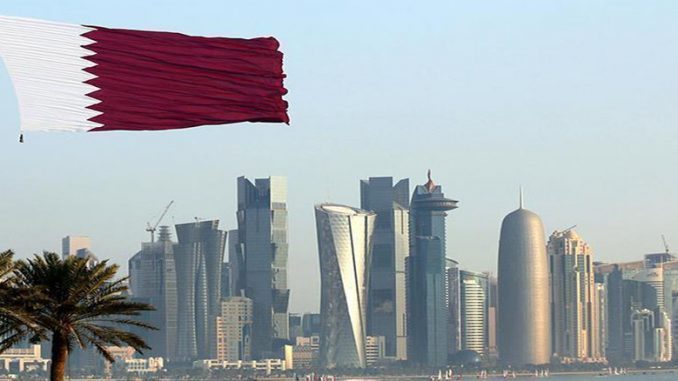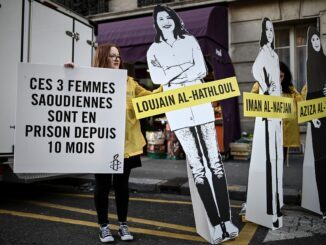
Qatar on Wednesday asked the International Court of Justice to order the United Arab Emirates to reverse measures put in place as part of its boycott against Qatar, saying they violate an international treaty against discrimination.
Qatar is seeking immediate relief in the unusual case before the ICJ, the United Nations’ venue for resolving legal disputes between states, informally known as the World Court.
The UAE, Saudi Arabia, Bahrain and Egypt imposed a boycott on tiny, oil-rich Qatar in June 2017, severing diplomatic and transport ties and accusing it of supporting terrorism, charges which it denies.
Qatar’s agent told the court the boycott was having “a devastating impact on Qataris and their families” as thousands were unable to visit family members still in the Emirates.
Mohammed Al-Khulaifi argued to judges that the boycott violates the International Convention on the Elimination of All Forms of Racial Discrimination (CERD) – including discrimination on the basis of nationality – a treaty signed by both the UAE and Qatar.
The UAE, which has dismissed Qatar’s claims as “lies”, is due to respond on Thursday. Saudi Arabia, Bahrain and Egypt are not signatories of the CERD convention.
According to Qatar, the UAE have as part of the boycott expelled Qataris, blocked transport and closed down the offices of the Doha-based Al-Jazeera news channel, among other measures. In their request for provisional measures it has called for those moves to be reversed.
A provisional ruling could come within two months, though the court has not yet set a date. Disputes at the court usually take several years before a formal judgment is reached.



